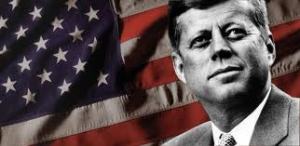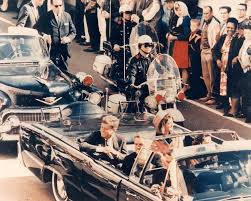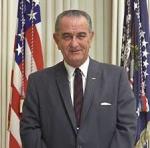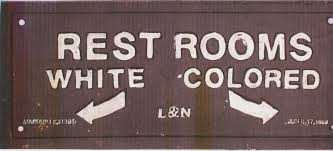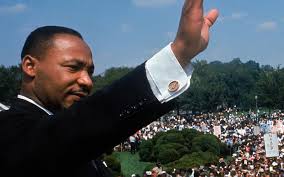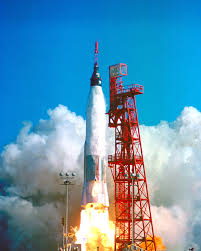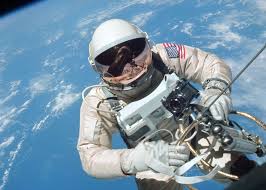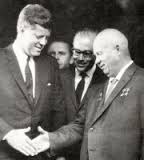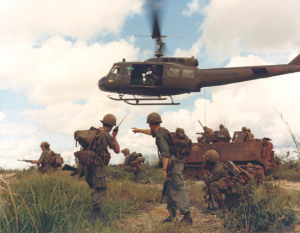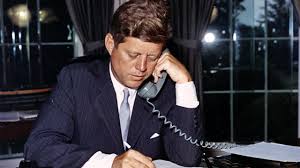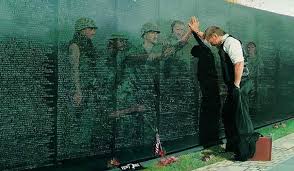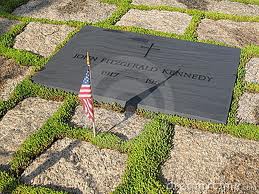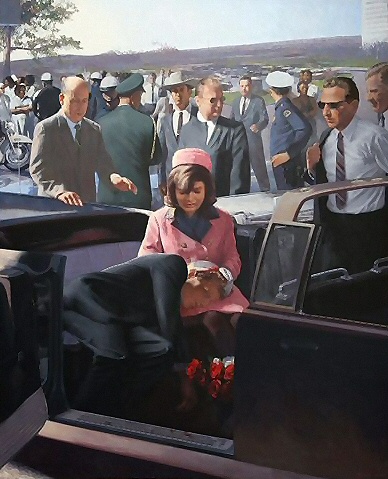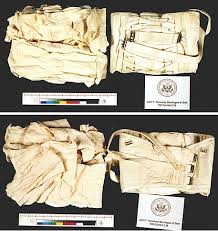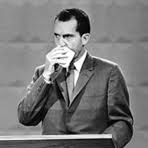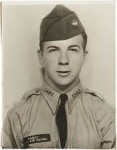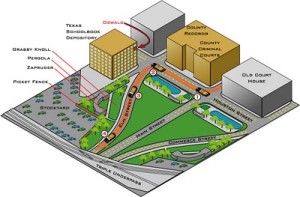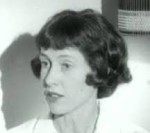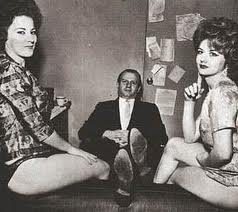Here’s the Foreword for my upcoming book, The JFK Assassination For Dummies.
 At 12:30 pm on Friday, November 22, 1963, United States President John F. Kennedy was cold-bloodedly shot in the back by a lone nut with a cheap rifle from a tall building.
At 12:30 pm on Friday, November 22, 1963, United States President John F. Kennedy was cold-bloodedly shot in the back by a lone nut with a cheap rifle from a tall building.
This straight-forward crime was solved in a few hours. Yet, five decades later, the facts of JFK’s homicide are doubted by over sixty percent of the American public. There’s no doubt that strands of fate caused Lee Harvey Oswald to squeeze the trigger, however misinformation about what really went down in Dealey Plaza still darkens President Kennedy’s legacy.
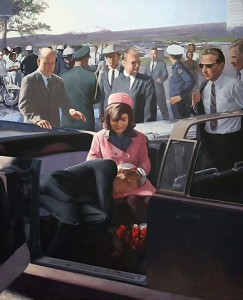 I was seven when JFK was shot. I was in a one-room school in Manitoba, Canada, and ‘Teacher’ was late returning from lunch. I remember how upset ‘Teacher’ was, telling us that President Kennedy had been assassinated. I didn’t know who JFK was, but figured he must be important as ‘Teacher’ was crying and dismissed us early. When I got home, people were gathering as we were one of few families with a television set. I’ll never forget how distraught the adults were.
I was seven when JFK was shot. I was in a one-room school in Manitoba, Canada, and ‘Teacher’ was late returning from lunch. I remember how upset ‘Teacher’ was, telling us that President Kennedy had been assassinated. I didn’t know who JFK was, but figured he must be important as ‘Teacher’ was crying and dismissed us early. When I got home, people were gathering as we were one of few families with a television set. I’ll never forget how distraught the adults were.
Conspiracy Theories were starting by 2 pm. Who was behind it? The Russians? Castro? The CIA? Mafia? A military coup? Maybe even Johnson. Someone said that a Communist had been caught and I was terrified. I was sure the bomb would drop – after all, I’d practised Communist bomb drills under my elementary school desk. Then, on Sunday, I watched Ruby shoot Oswald – live on TV.
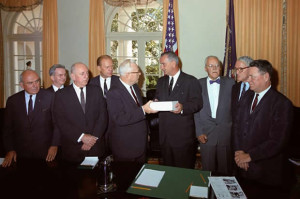 In 1973, I did a report on a conspiracy theory book called Rush To Judgement which was a harsh critique of the Warren Report. This ‘Teacher’ challenged me to look deeper as apparently the Warren Report came to a different conclusion. From then, I read everything I could on the JFK case and was fascinated by it. Problem was – all that was available was CT (Conspiracy Theorist), not LN (Lone Nut) stuff. Nowhere could you get this Warren Report, so I jumped on the CT wagon and became a life-long student of the assassination.
In 1973, I did a report on a conspiracy theory book called Rush To Judgement which was a harsh critique of the Warren Report. This ‘Teacher’ challenged me to look deeper as apparently the Warren Report came to a different conclusion. From then, I read everything I could on the JFK case and was fascinated by it. Problem was – all that was available was CT (Conspiracy Theorist), not LN (Lone Nut) stuff. Nowhere could you get this Warren Report, so I jumped on the CT wagon and became a life-long student of the assassination.
In 1978, I joined the Royal Canadian Mounted Police – the RCMP or Mounties. Because I was a curious risk-taker, I worked my way into Emergency Response or SWAT operations and the homicide squad. Also in 1978, the US House Select Committee on Assassinations (HSCA) re-investigated the JFK case and officially concluded that there was a high probability of conspiracy. That re-enforced my CT suspicions, but I was way too busy solving current murders and shooting guns to follow up on JFK. In the back of my mind, though, I kept wondering how such an important investigation like JFK could be so screwed-up and whether the LN finding just might be true.
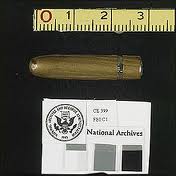 By 1991, I’d become a recognized firearms expert and had the good fortune to work with an American colleague who’d personally handled JFK exhibits during the HSCA investigation. He gave me a ‘JFK Ballistics 101’ which opened my eyes on the science of the Single Bullet Theory. My CT suspicions changed.
By 1991, I’d become a recognized firearms expert and had the good fortune to work with an American colleague who’d personally handled JFK exhibits during the HSCA investigation. He gave me a ‘JFK Ballistics 101’ which opened my eyes on the science of the Single Bullet Theory. My CT suspicions changed.
In 2000, I got the Internet and downloaded the Warren Report. After reading the narrative and a good chunk of the Appendices, including witness testimonies, my response was Holy Fuck! They investigated the shit out of this thing! Okay. There’s way more to this than CT bullshit.
About the same time I left the police murder & gun business to become an investigative coroner. That’s an entirely different realm of science and the combination of disciplines solidified my ability to understand and impartially interpret evidence. In other words… cut through bullshit and determine what’s fact and what’s not.
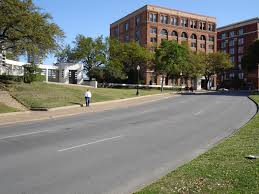 So… aside from building my accreditations in firearms, homicides, forensics, and autopsies… I devoted the next decade and a half of free time to understanding the truth about what went down in Dealey. What I’ve found is that the facts are simple, but the root cause and scientific evidence is complex.
So… aside from building my accreditations in firearms, homicides, forensics, and autopsies… I devoted the next decade and a half of free time to understanding the truth about what went down in Dealey. What I’ve found is that the facts are simple, but the root cause and scientific evidence is complex.
And fascinating!
I’ve come full circle in JFK culture – from LN to CT to LN. I’ve now evolved into ‘Teacher’ as I’ve the ability to instruct other students of the JFK Assassination on what truly happened and where to find credible information to understand the facts. Somehow I don’t think the JFK case is ever going to be closed and I don’t want future students to put in the time, and get sucked-in, like I have.


